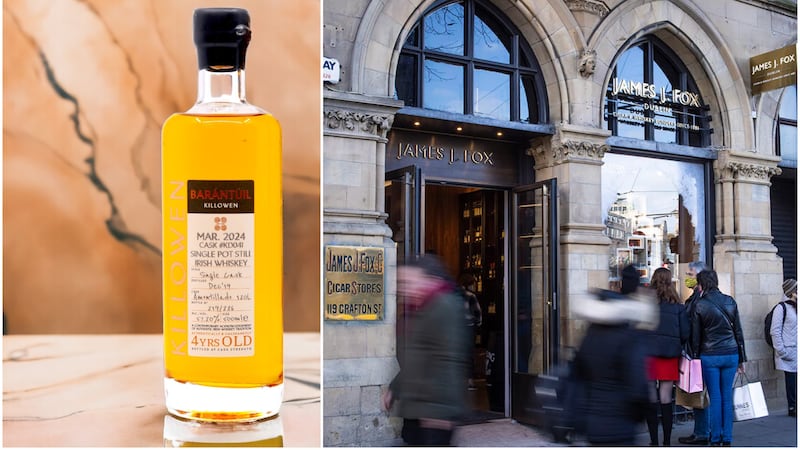THE number of empty shops in the north has fallen to its lowest level in six years, according to figures.
A report by retail intelligence firm Springboard found that the vacancy rate in the region fell to 14 per cent last month, compared with 14.5 per cent in October of last year, a figure not seen since before 2011.
But Northern Ireland still has the highest vacancy rate in the whole of the UK, with one in seven stores lying empty.
Last month, outgoing finance minister Máirtín Ó Muilleoir published a consultation paper on proposed changes to the rates system in north. Among the plans was an increase to the rates on empty commercial buildings.
The report also collated the footfall figures for last month, which showed a slight drop of 0.2 per cent, which is well below the three-month average of 2.8 per cent.
Not all areas saw a drop in consumer presence, however, as footfall on the high street actually grew by 2.4 per cent – a sign that the January sales have not completely lost their appeal. Instead it was retail parks and shopping centres that took the brunt of the decrease.
Looking at the UK as a whole, there was a 1.3 per cent drop in footfall – the steepest decline since June of last year.
With the prospect of Brexit on the horizon, the future climate of the consumer market is unclear; however we do know that the UK will be leaving the Single Market, which puts added impetus on the need for beneficial trade deals in the future.
The prospect of a hard border could also disrupt trade between the north and south, as movement may be restricted and tariffs on good introduced. The Republic is currently the north’s biggest trading partner.
Aodhán Connolly, director of the Northern Ireland Retail Consortium, called on the Northern Ireland government to "put the consumer first" in Brexit negotiations and do more for the industry.
"The current business rates reform proposals currently on the table need to go much further by widening the tax base, bringing revaluations into a three-year cycle, and by gradually lowering the headline tax rate," he said.
"With other administrations in the UK beginning to consider a more coherent approach towards their domestic retail industry we need the NI government to do likewise by bringing forth a retail strategy.
"Otherwise we are looking at falling behind our neighbours both to the east and the south."








